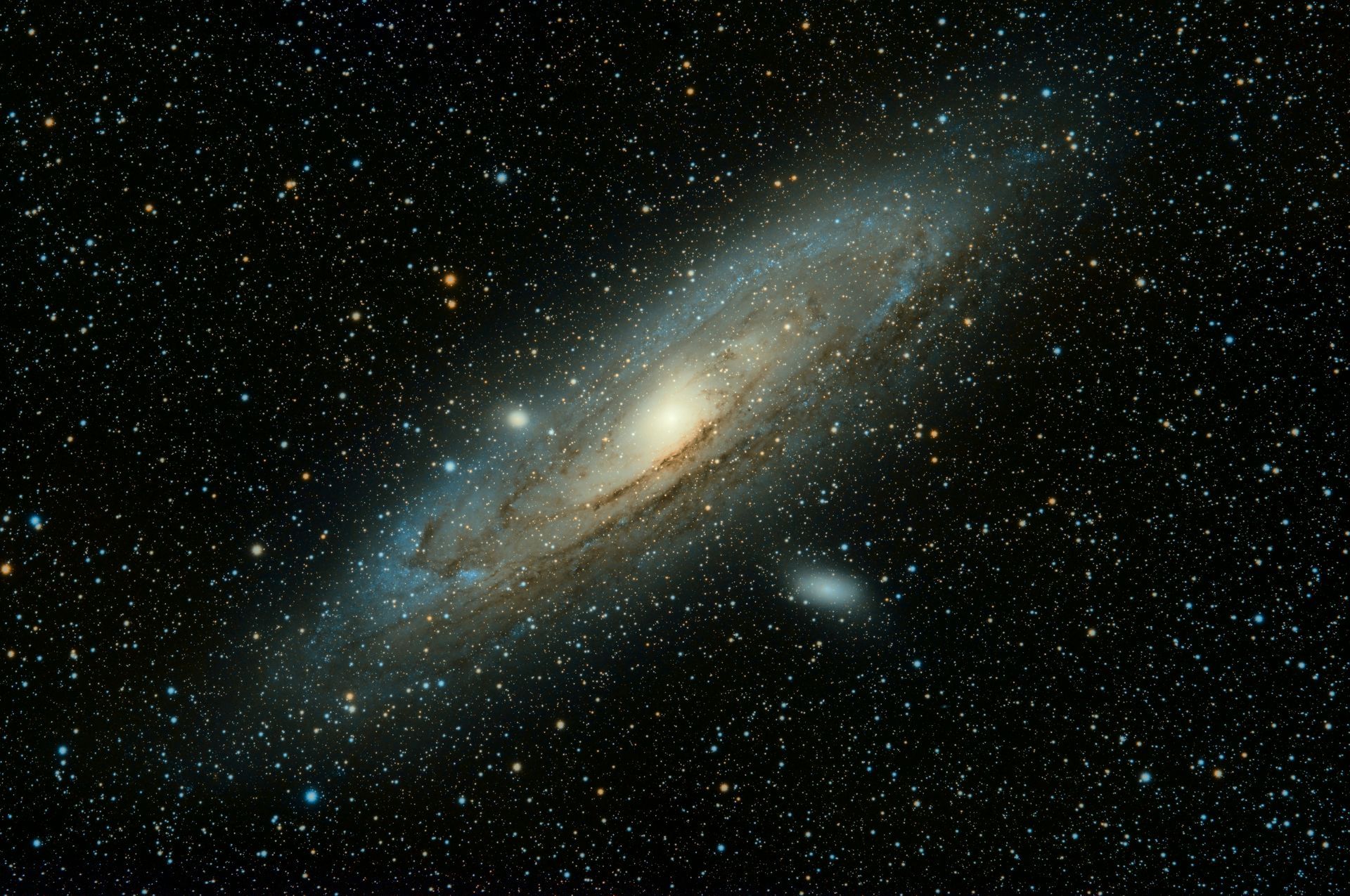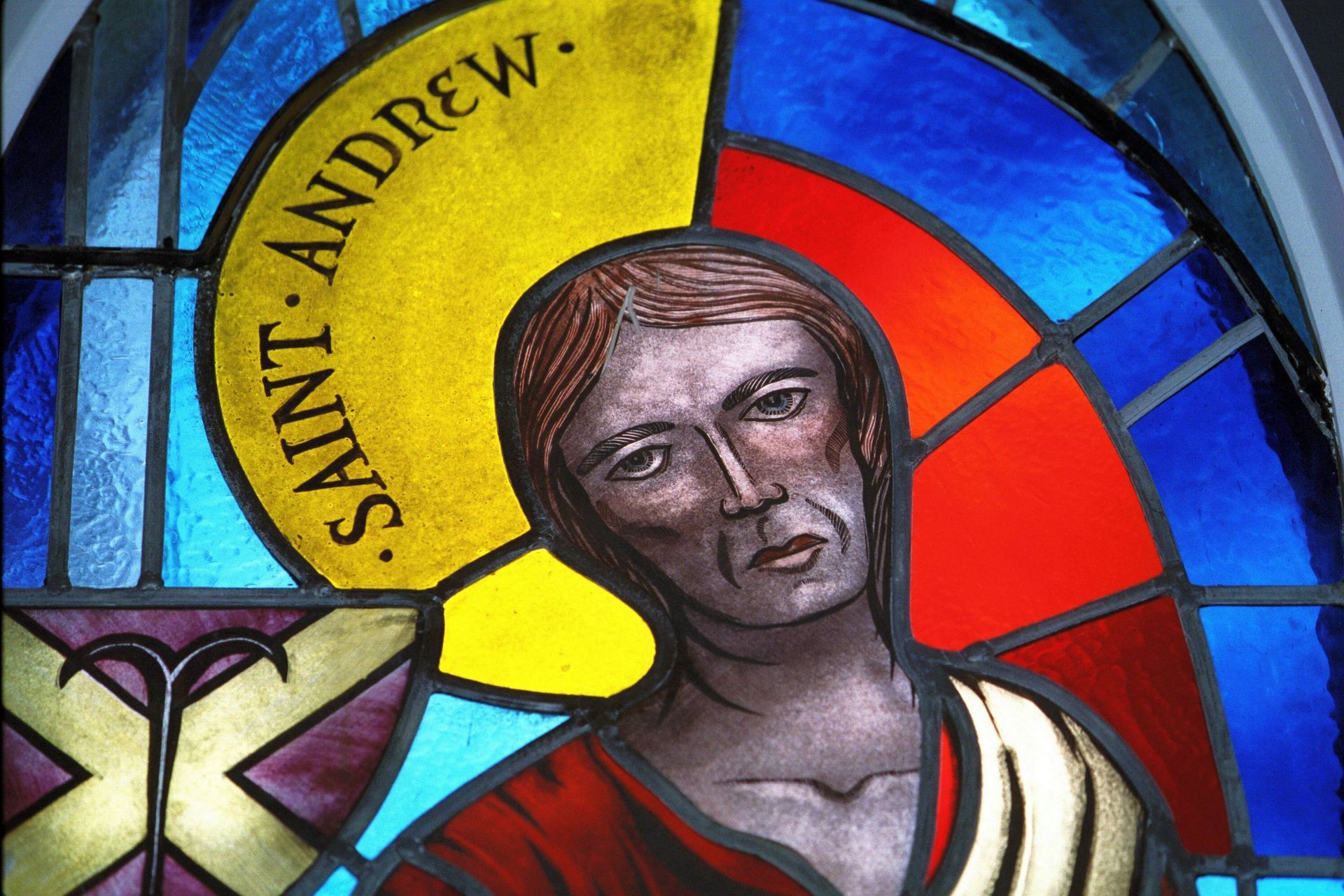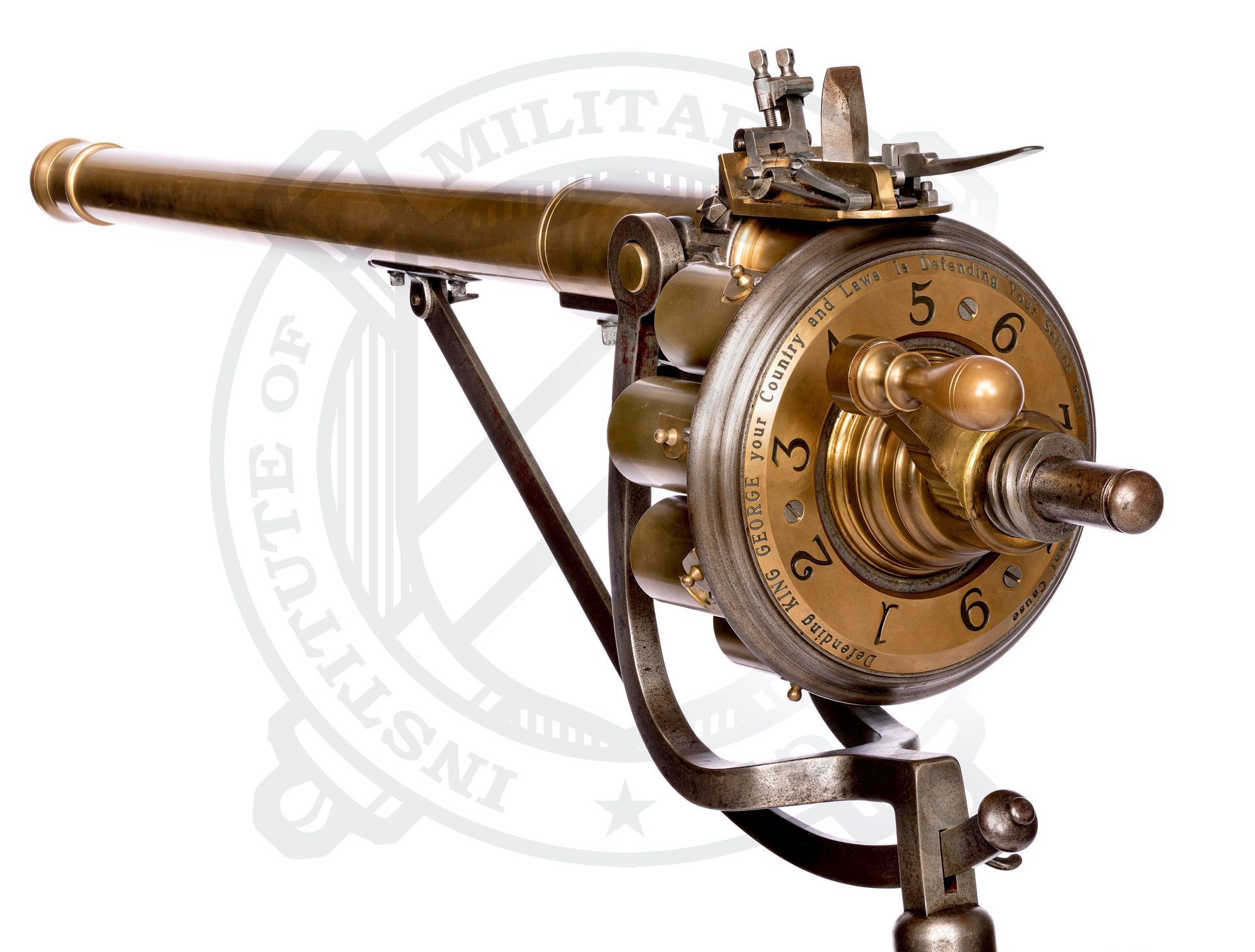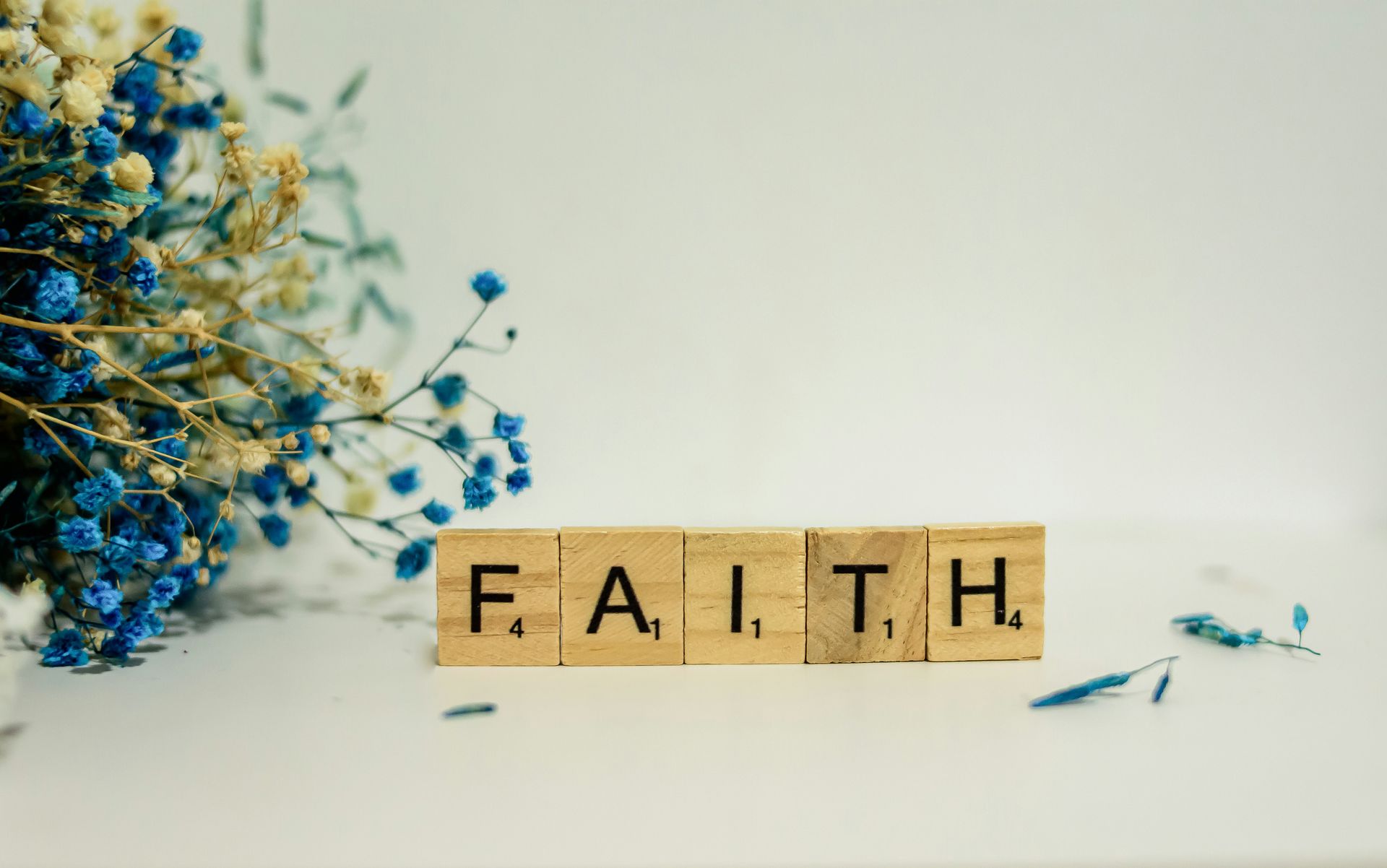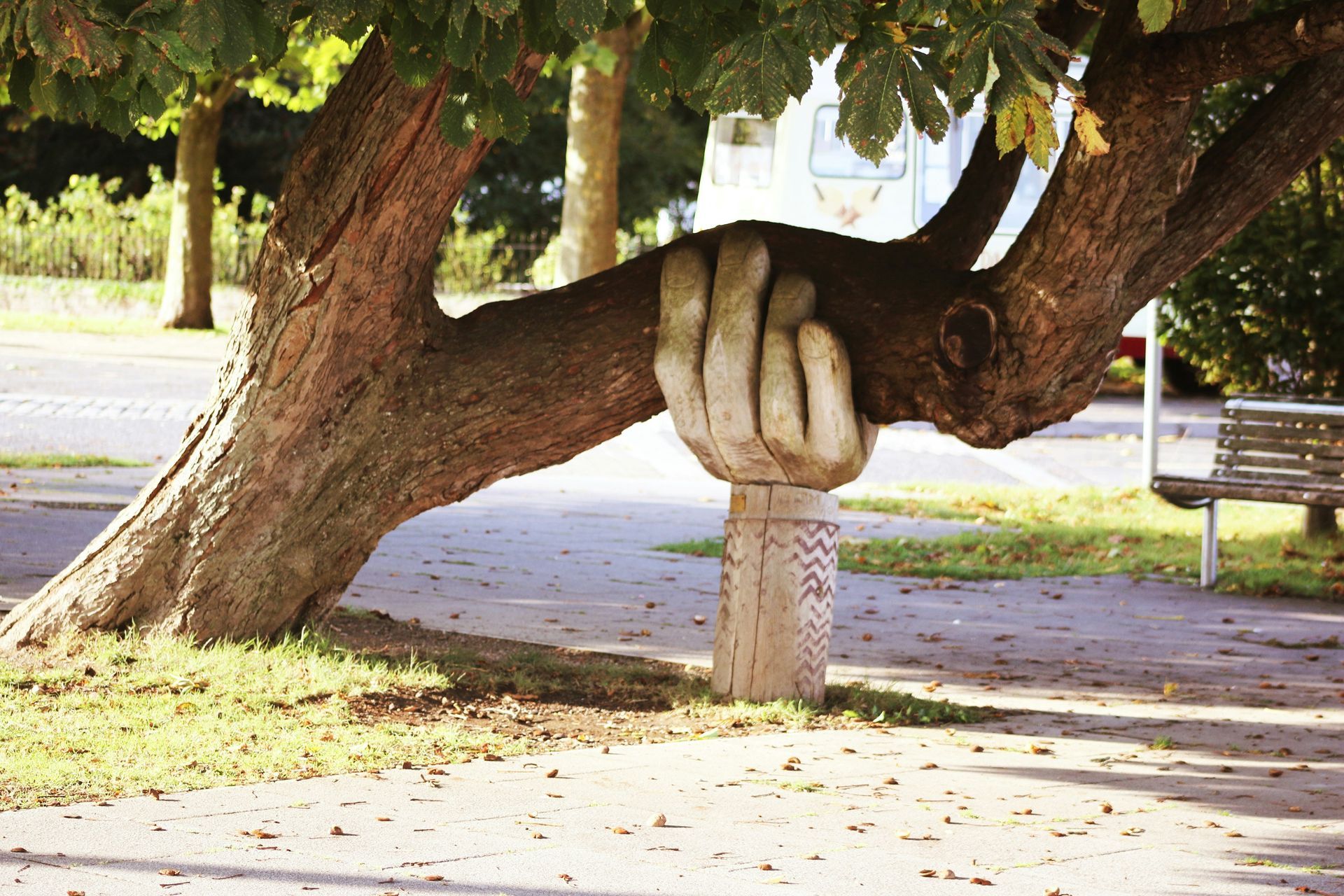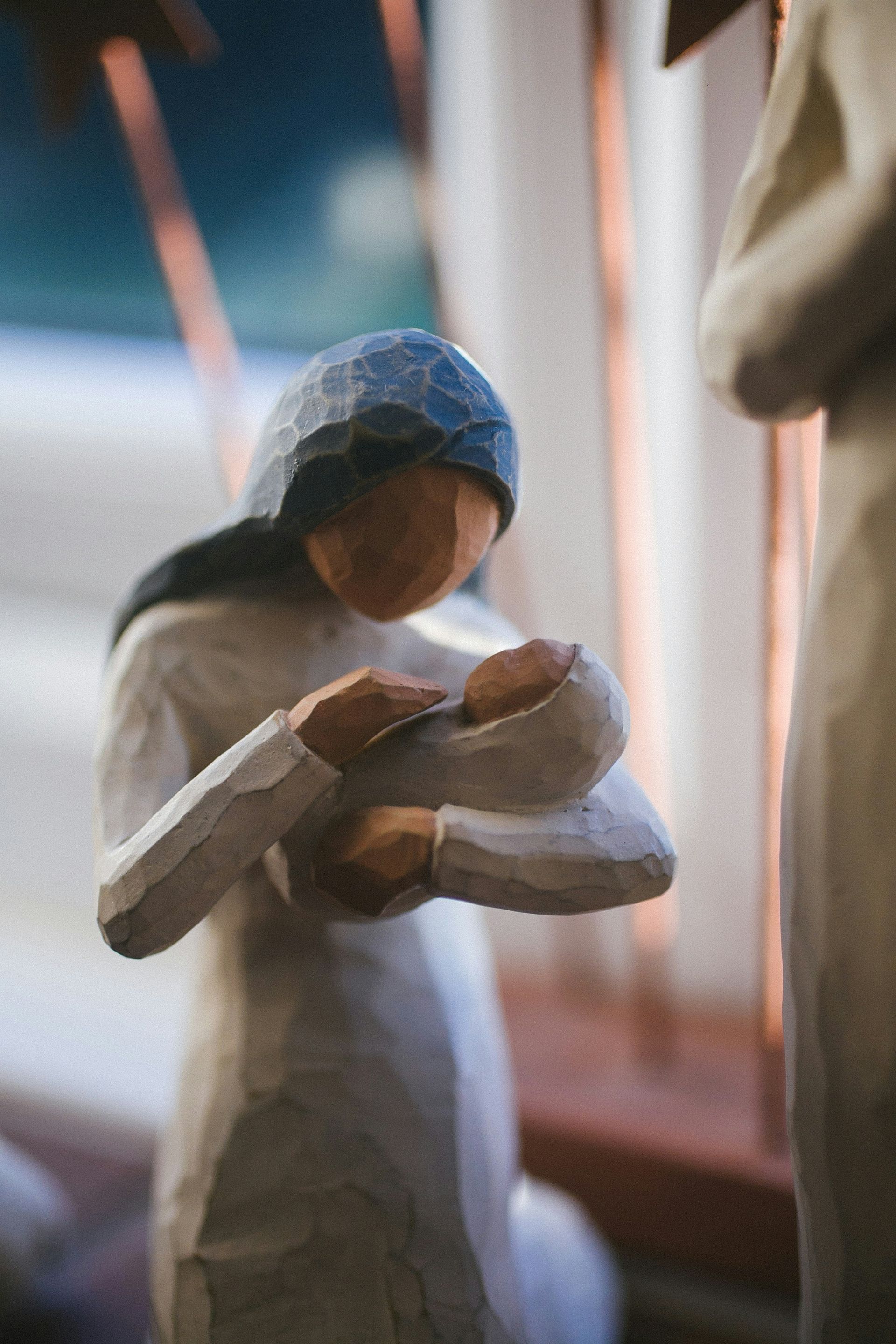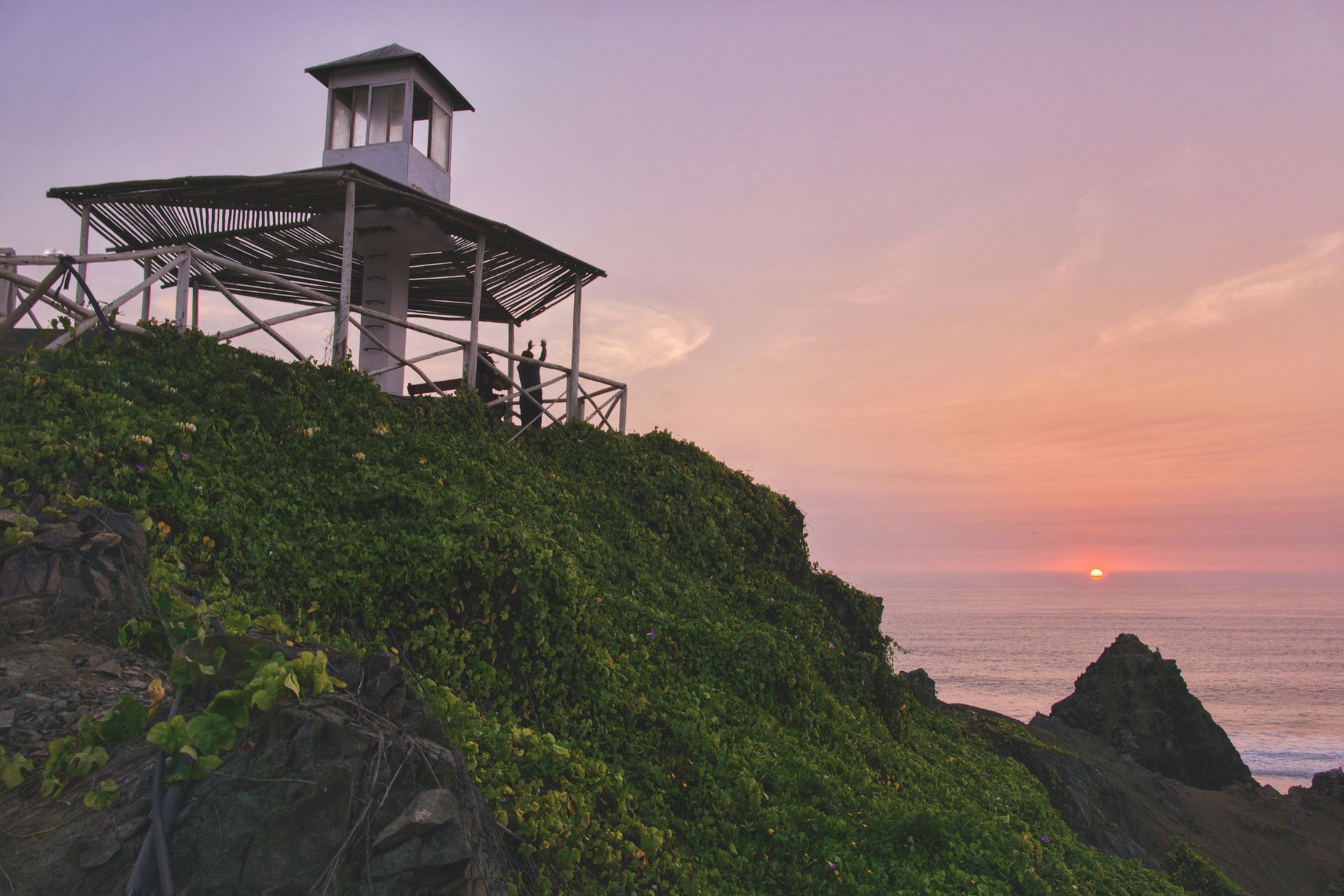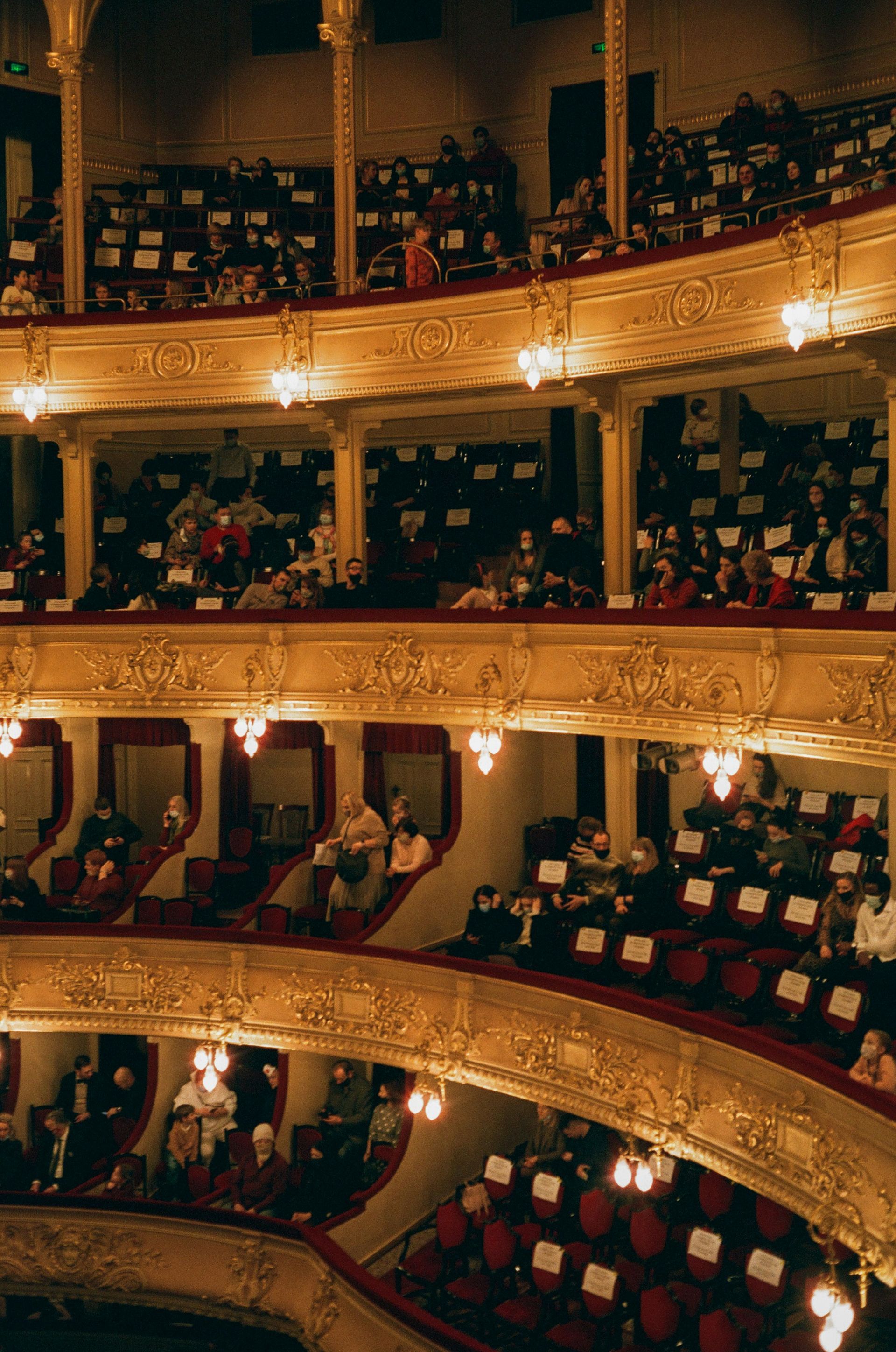Thanksgiving Leftovers

THANKSGIVING LEFTOVERS
By John Santosuosso
The outline below was used in our Pathfinders class on Sunday, November 24. It was part of our presentation on Thanksgiving and included information on Thanksgiving observances in some of the churches in the Anglican Communion. I am making it available here for those who were not there and for those who were and may have wanted to save it but the family dog got to it before you did. So make yourself that turkey sandwich or whatever your favorite leftover may be, pull up a comfortable chair, and enjoy reading about one of our most important holidays.
1. There are three observances that in their modern form were first established by the Federal Government and then were adopted by the Episcopal Church in the United States. They are as follows:
a. Independence Day
b. Thanksgiving
c. Labor Day (BCP 1049, 2007 edition. Lessons only, not in the
calendar. May not be in some more recent editions.)
2. Establishment of Thanksgiving Day in the United States
In 1863 President Abraham Lincoln issued a proclamation establishing Thanksgiving Day on the last Thursday of November. In this and an 1864 proclamation he asked for prayers for peace, harmony, the country, and the union. In his 1863 proclamation he actually calls not for a day of feasting but for one of fasting and prayer.
By Act of Congress in 1941 President Delano Roosevelt established Thanksgiving Day as the fourth Thursday in November. Roosevelt's rather lengthy proclamation calls for divine protection as America prepares for the threat of war.
Note all of these acts were done during or just before a major war. American Thanksgiving also takes place a considerable time after harvest or before planting. The emphasis on our holiday appears to be less on harvest and more on national well-being.
3. Thanksgiving observances around the world:
There is no agreement on how many countries observe some sort of day of Thanksgiving. It may be as many as fifteen to seventeen, although a lower number is sometimes suggested. In some countries this is a religious observance. In others it may be essentially secular. In some countries the Rogations Days, while really more of a planting festival, replace Thanksgiving. In others, where Christianity is not the primary religion, festivals with an element of thanksgiving and connected to a non-Christian religion are observed.
There are some unusual observances:
a. On the island of Grenada Thanksgiving commemorates an American invasion that kicked a Marxist government out of the country.
b. While most people in Australia and New Zealand do not observe Thanks- giving, Norfolk Island in the South Pacific Ocean is an exception. In the nineteenth century American whalers settled in this Australian territory and brought the holiday with them.
c. Only a few people in the Netherlands observe Thanksgiving, but in the Dutch city of Leiden it is a big holiday. It commemorates the lifting of a Spanish siege, and the Pilgrims happened to be there for the first parade while on their way to America.
d. Liberia is the only African country where Thanksgiving is an official national holiday. The Thanksgiving customs often resemble those of the United States, and the holiday is observed on the first Thursday in November. Liberia was founded as a homeland for freed American slaves, and no doubt the immigrants brought the holiday customs with them.
4. The origins of Thanksgiving:
Harvest and planting festivals were observed at various times and places during the early centuries of the Christian Church and also in Judaism. By the Medieval period some of these had grown into rather elaborate celebrations. However, they appear to have gradually declined and fallen out of favor. Despite this, Thanksgiving observances never disappeared entirely. There were local celebrations in the United States long before Lincoln made it an official holiday. For the most part they were closely associated with the fall harvest. There is also the tradition of the Pilgrim's first Thanksgiving with local American Indians, and both groups eating and drinking while keeping a watchful eye on each other.
5. Thanksgiving in the Anglican Communion.
In Canada in most provinces it is observed as a national holiday. It is optional in Atlantic Canada. Canadian Thanksgiving is officially observed on the second Monday in October, and the celebration is closely tied to the harvest. While Thanksgiving was celebrated in Canada as early as the 1870s, the date was not officially established until 1957.
In Australia and New Zealand Thanksgiving is not an official holiday. However, as noted above, it is celebrated on Norfolk Island. The New Zealand Prayer Book states: "Harvest Thanksgiving may be observed on a Sunday as determined by local custom."
The prayer book for the Church of Wales does not specify a particular day but does have prayers for a Eucharistic celebration of "Thanksgiving for the Harvest." Thanksgiving is not widely observed in Scotland.
The Alternative Service Book (1980) of the Church of England offers extensive reading and prayers for the Eucharistic celebration of a "Harvest Thanksgiving" but does not specify a specific date for such a service.
The Anglican Church in Nigeria is the Communion's largest. In some parts of the country, it celebrates Thanksgiving on the fourth Thursday in November after the maize harvest is completed. There are various regional festivals with a Thanksgiving theme, but there is no national Thanksgiving holiday. Many churches have Thanksgiving Sundays when people bring special offerings to the Sunday service.
6. Summary and Conclusions.
Around the world and in the Anglican Communion Thanksgiving is observed in a modest number of countries. It may be a national holiday but more often is one observed because of religious or local customs. It has its roots in early harvest festivals, and in most countries it is essentially a harvest festival. Probably the United States is the country with the strongest Thanksgiving tradition. Here it is a national holiday, and while it does recognize the blessing of the harvest, there may be more emphasis on the well-being of the nation.
e.

